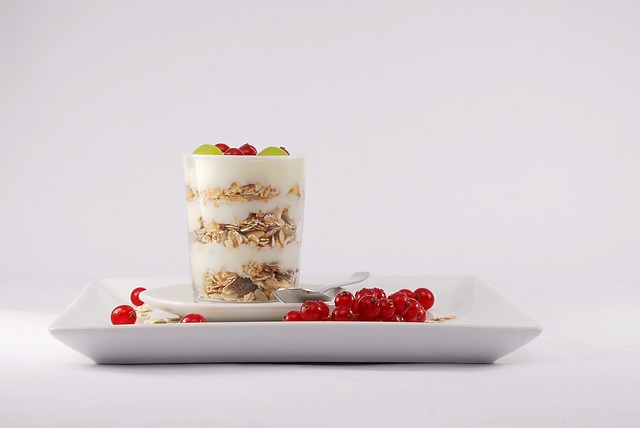From Bloating to Bliss: How Probiotics Can Tame Your Tummy Troubles
Are you tired of dealing with constant bloating, gas, and stomach discomfort? If so, you’re not alone. Many people
suffer from tummy troubles that can significantly impact their quality of life. But fear not, there may be a
natural solution to alleviate your discomfort: probiotics!
Understanding Probiotics
Probiotics are live bacteria and yeasts that are good for your health, especially your digestive system. These
microorganisms, often referred to as “friendly bacteria,” help maintain the balance of bacteria in your gut. While
bacteria are often associated with infections and diseases, there are both good and bad bacteria inside your body.
Probiotics are the good guys that promote a healthy gut environment and support optimal digestion.
The Benefits of Probiotics for Digestive Health
When your gut lacks a healthy balance of good bacteria, it can lead to various digestive issues, such as bloating,
gas, constipation, and diarrhea. Incorporating probiotics into your diet can provide the following benefits:
1. Improved Digestion
Probiotics help break down the food you eat, making it easier for your body to absorb nutrients. They also work to
regulate bowel movements, preventing both constipation and diarrhea.
2. Alleviation of Bloating and Gas
Excessive gas and bloating are often caused by an imbalance of bacteria in the gut. Probiotics can help restore
this balance, reducing bloating and gas discomfort.
3. Strengthened Immune System
Believe it or not, a significant portion of your immune system resides in your gut. Probiotics support a healthy
immune system by enhancing the production of antibodies, which are essential for fighting off harmful bacteria and
viruses.
4. Management of Inflammatory Bowel Diseases
Studies have shown that certain probiotic strains can help manage symptoms of inflammatory bowel diseases (IBD),
such as ulcerative colitis and Crohn’s disease. While probiotics cannot cure these conditions, they may offer
relief and support overall digestive health.
Sources of Probiotics
Probiotics can be found in various foods and dietary supplements. Some common sources include:
- Yogurt
- Kefir
- Sauerkraut
- Kimchi
- Pickles
- Tempeh
- Miso
- Kombucha
When choosing probiotic-rich foods, it’s important to consider the variety of strains they contain. Different
strains offer unique benefits, so diversifying your sources can be beneficial.
Tips for Incorporating Probiotics into Your Diet
Adding more probiotics to your diet doesn’t have to be complicated. Here are some simple tips to help you get
started:
1. Include Fermented Foods in Your Meals
Try to incorporate fermented foods into your daily meals. Enjoy a serving of yogurt with breakfast, have some
sauerkraut with lunch, or sip on a refreshing glass of kombucha as an afternoon pick-me-up.
2. Explore Probiotic Supplements
If you struggle to incorporate enough probiotic-rich foods into your diet, supplements can be a convenient option.
Look for high-quality supplements that contain a variety of probiotic strains and follow the recommended dosage.
3. Watch Your Sugar Intake
Some probiotic-rich foods, such as flavored yogurt, may be high in added sugars. Be mindful of your sugar intake
and opt for natural, unsweet







